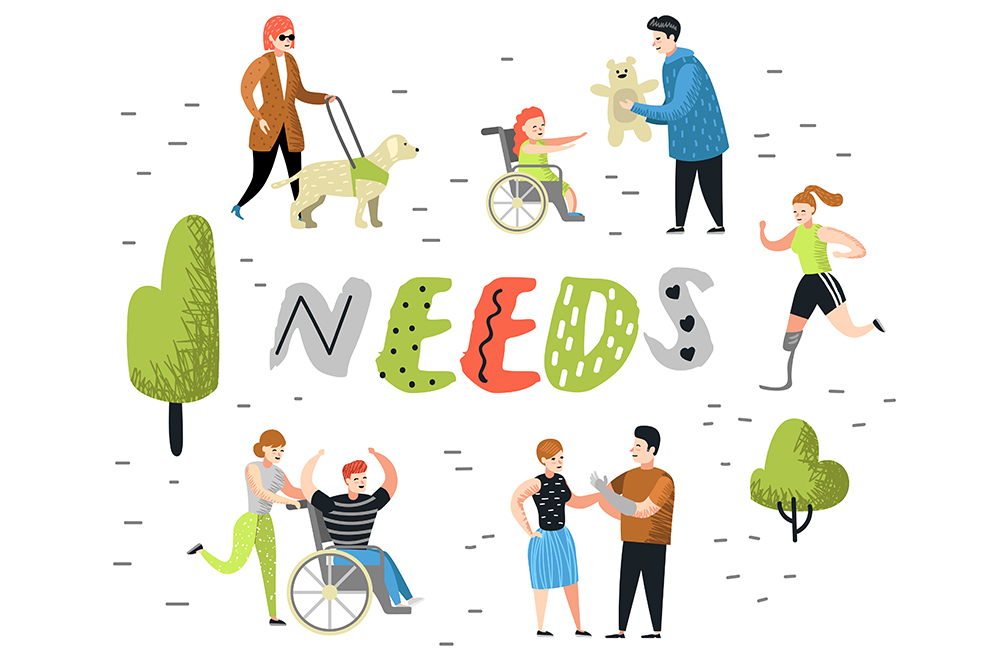The mental health system in Australia has become complex and fragmented and the National Disability Insurance Scheme (NDIS) “must do more for the mentally ill”.
The National Mental Health Commission’s National Report 2019 on Australia’s mental health and suicide prevention system found that NDIS participants are not always getting the support they need, and this is leading to a deterioration of individuals’ mental health and a greater reliance on clinical mental health services, including increased presentations at emergency departments.
As at June 30 June 2019 there were 25,192 people with psychosocial disability or 9 per cent of all NDIS participants, accessing and receiving support through the NDIS. It was expected that by full scheme, 64,000 participants, or 14 per cent of all NDIS participants, would be people with a psychosocial disability as their primary disability.
Commission Advisory Board chair, Lucy Brogden, said the community is seeing unprecedented investment and interest in making substantial improvements to the mental health system.
“Current national reforms are key, but complex, interrelated and broad in scope, and will take time before their implementation leads to tangible change for consumers and carers,” Brogden said. “The National Report indicates while there are significant reforms underway at national, state and local levels, it’s crucial that we maintain momentum and implement these recommendations to ensure sustained change for consumers and carers.”
Among its recommendations were that the National Disability Insurance Agency (NDIA) start publishing information about the outcomes of the complex support needs pathway and the psychosocial disability service stream, and the evaluation outcomes of streamlined access for people with psychosocial disability.
It also asked that the NDIA work with state and territory governments to progress the Maintain Critical Supports policy and release detail on what is happening with the policy, as well as include support coordination as a standard item in all plans for people with psychosocial disability.
Almost half of Australians aged between 16 and 85 years will experience a common mental illness, such as an anxiety, affective or substance use disorder in their lifetime. One in five Australians experience a common mental illness each year and the number of people accessing clinical mental health services is also increasing.

